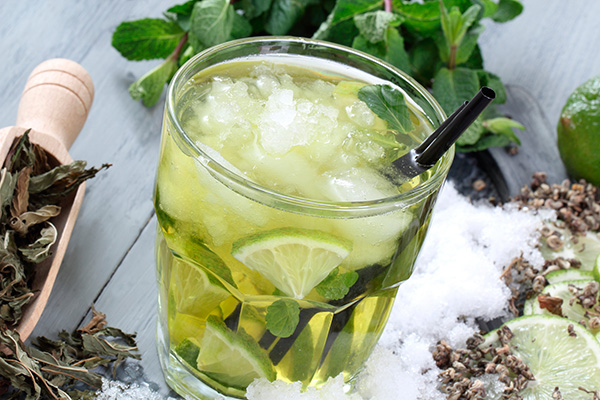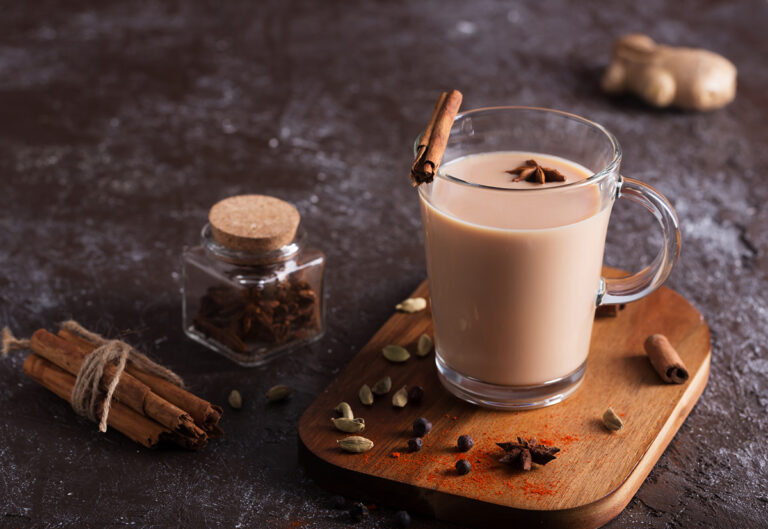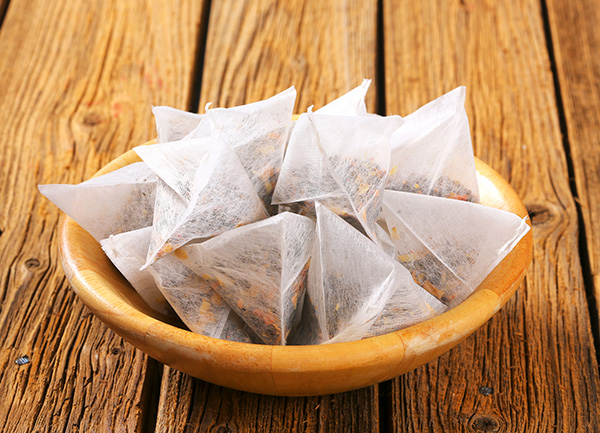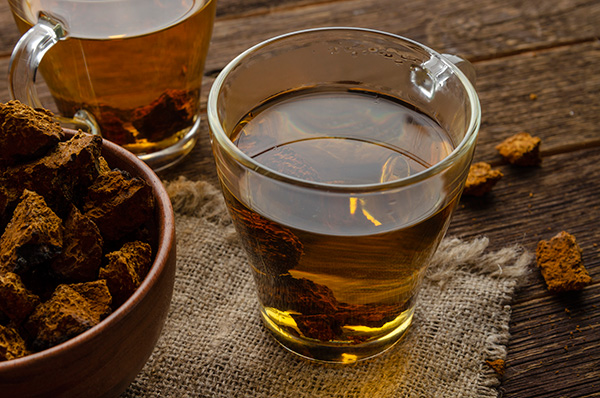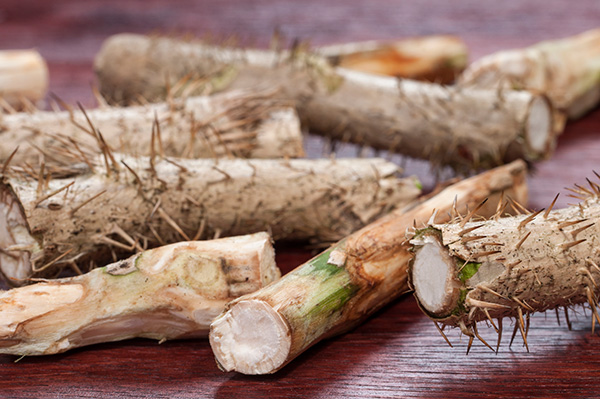Cinnamon Tea: Benefits, Side Effects, and How to Make It
Cinnamon tea is a tisane, or herbal tea, brewed from the bark of the cinnamon tree. The tree’s inner bark is dried, curled into cinnamon sticks, which can be used either whole or ground for making this warming drink. Cinnamon tea is known for its sweet, spicy flavor and tantalizing aroma, which has found a place in the hearts of tea lovers worldwide.

Potential Health Benefits of Cinnamon Tea
Cinnamon tea is not just a delicious beverage. It has been associated with several potential health benefits.
Antioxidant Properties
Cinnamon is rich in antioxidants such as polyphenols and proanthocyanidins. These compounds fight off oxidative stress caused by free radicals, potentially reducing the risk of chronic diseases like heart disease, diabetes, and cancer.
Blood Sugar Control
Cinnamon has been found to have a potential effect on blood sugar control. It might help lower blood sugar levels and improve insulin sensitivity, which can be beneficial for people with diabetes or pre-diabetes.
Anti-Inflammatory Effects
Cinnamon’s anti-inflammatory properties may help reduce inflammation in the body. Chronic inflammation can lead to various health problems, including heart disease, cancer, and autoimmune disorders.
Cinnamon Tea Side Effects
While cinnamon tea is generally considered safe for most people, it can have some side effects.
Allergic Reactions
Some people may have an allergy to cinnamon or develop a skin irritation when exposed. Symptoms might include redness, itching, swelling, or burning.
Liver Damage
Cinnamon contains a compound called coumarin, which in high amounts can cause liver damage. Cassia cinnamon, commonly used in the US, has a higher coumarin content than Ceylon cinnamon.
Interactions with Medication
Cinnamon tea might interfere with certain medications, including those for diabetes, heart disease, and liver disease. If you’re on any of these medications, consult with your healthcare provider before incorporating cinnamon tea into your routine.
Who Should Not Drink Cinnamon Tea?
People with a cinnamon allergy, pregnant women, those with liver disease, or individuals on certain medications should avoid cinnamon tea or consult with their healthcare provider before consumption.
How to Make Cinnamon Tea
Here’s a step-by-step guide to making a delightful cup of cinnamon tea:
- Gather Your Ingredients: You will need 1 cinnamon stick or 1 teaspoon of ground cinnamon and 1 cup of boiling water. Optional additions include honey or lemon for taste.
- Boil Water: Bring a cup of water to boil using a kettle or a pot on the stove.
- Prepare the Cinnamon: If you are using a cinnamon stick, break it into pieces. If using ground cinnamon, have your teaspoon at the ready.
- Steep the Cinnamon: Place your cinnamon stick pieces or ground cinnamon into a cup. Pour the freshly boiled water over the cinnamon.
- Let It Steep: Allow the cinnamon to steep in the boiling water for about 10 minutes. This helps to extract the flavor and beneficial compounds from the cinnamon.
- Strain the Tea: If you used a cinnamon stick, strain the tea into another cup to remove the cinnamon pieces.
- Add Extras: This is the time to add a touch of honey or a slice of lemon, according to your preference.
- Serve: Your homemade cinnamon tea is ready to serve. Enjoy it hot for the best taste.
Remember, if you’re using a pre-packaged cinnamon tea product, be sure to follow the manufacturer’s instructions for the best results. This homemade recipe serves as a guide for those who prefer to make their tea from scratch.
What Are Some Popular Tea Combinations That Include Cinnamon?
Two popular tea combinations that include cinnamon are Cinnamon Apple Tea and Cinnamon and Bay Leaf Tea.
Cinnamon Apple Tea is a delightful blend, merging the spicy, warming qualities of cinnamon with the sweet, slightly tart notes of apple, creating a comforting and heartwarming beverage.
On the other hand, Cinnamon and Bay Leaf Tea is an aromatic infusion combining the bold, sweet-spicy character of cinnamon with the subtly minty and slightly bitter essence of bay leaves, offering a unique and refreshing twist to your regular tea.
Final Thoughts
Cinnamon tea is a delightful, aromatic beverage with a host of potential health benefits. However, moderation is key due to possible side effects. Enjoy the fragrant allure of this warm drink and embrace its potential benefits.
FAQ
What Does Cinnamon Tea Taste Like?
Cinnamon tea has a sweet and spicy flavor with a warm, slightly woody aroma. Its taste is reminiscent of the holiday season, bringing a sense of warmth and comfort.
When Should I Drink Cinnamon Tea?
Cinnamon tea can be enjoyed at any time of the day. However, some people find it particularly soothing as an evening drink, as its warmth can help promote relaxation.
How Often Can You Drink Cinnamon Tea?
In general, it’s safe to drink one to two cups of cinnamon tea per day. However, it’s important to pay attention to how your body reacts and follow any specific guidelines if you’re using a pre-packaged product.
How Long Can You Drink Cinnamon Tea Safely?
There’s no definitive answer as it depends on various factors such as your body’s response and the type of cinnamon used. It’s best to enjoy in moderation and consult with a healthcare professional if you plan to consume cinnamon tea daily over an extended period.
Is Cinnamon Tea Good for Menstrual Cramps?
Cinnamon has anti-inflammatory and antispasmodic properties, which can potentially help to alleviate menstrual pain. Some research suggests that cinnamon can reduce menstrual pain and bleeding.


